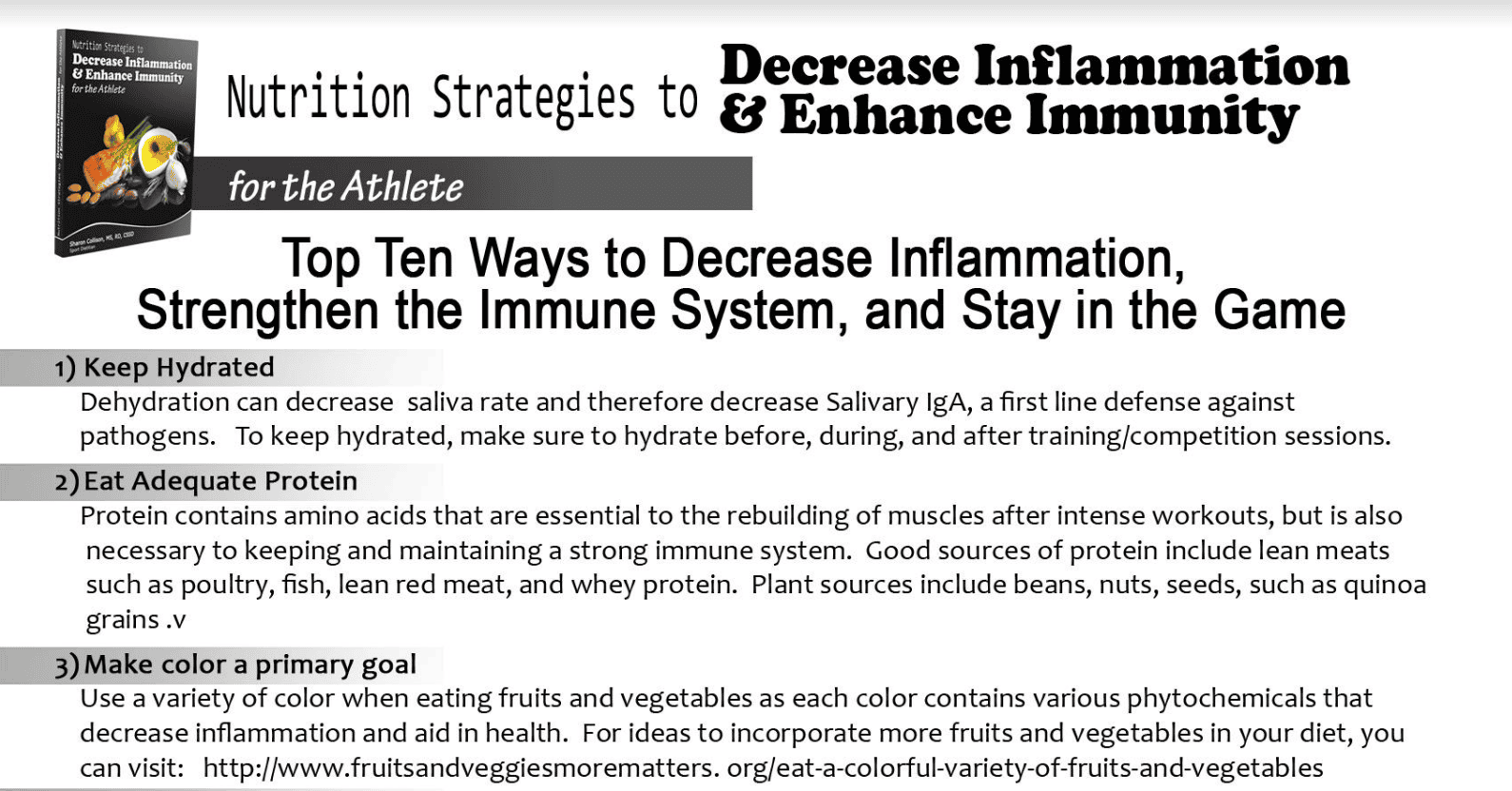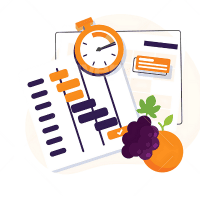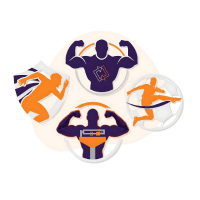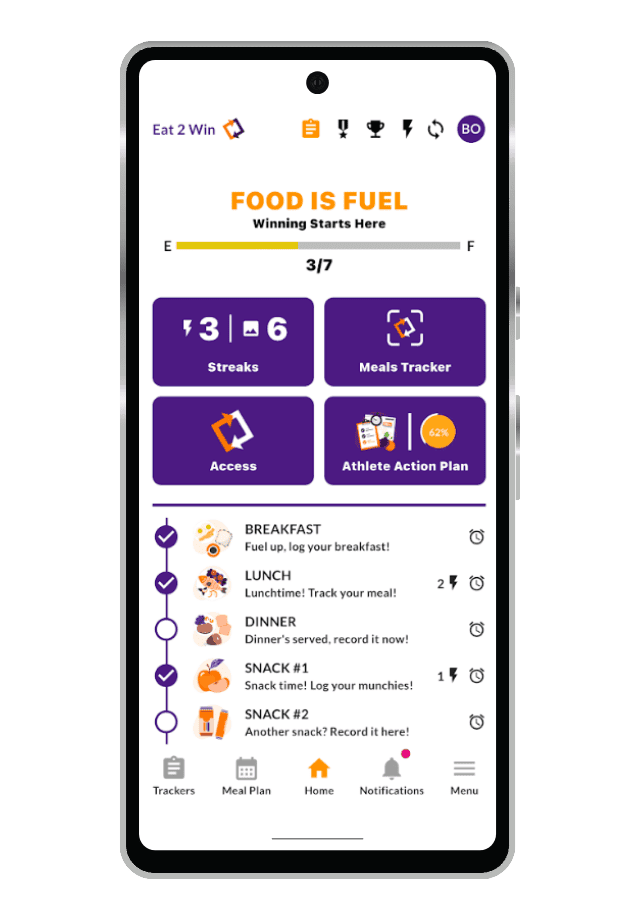Next Level Podcast with Host Tavis Piattoly, MS, RD, LD

Julian E. Bailes, M.D.
Chairman of the Department of Neurosurgery and Co-Director of the North Shore Neurological Institute
In this episode of the Next Level Podcast, Sports Dietitian Tavis Piattoly discusses with Julian E. Bailes, M.D. about recovering from a concussion, as well as recommendations of food for concussion and supplements for concussion.
Julian E. Bailes, M.D. is the Chairman of the Department of Neurosurgery and Co-Director of the NorthShore Neurological Institute. Dr. Bailes joined the department in September 2011 to lead and expand their neurosurgical service line and continue his research in traumatic brain injury.
Dr. Bailes is a nationally recognized leader in the field of neurosurgery and the impact of brain injury on brain function. He was the primary treating physician of Randal McCloy Jr., the only survivor among 13 miners trapped in the 2006 Sago Mine explosion in West Virginia - the longest period of time any survivor has been trapped underground in the United States.
Previously, Dr. Bailes served for the last 11 years as Professor and Chairman of the Department of Neurosurgery at West Virginia University School of Medicine where he specialized in the diagnosis and surgical treatment of cerebrovascular disease, stroke, and traumatic brain injury. Since 1994, he has been a neurological consultant to the NFL Players’ Association (NFLPA), which has supported research on the effects of head injuries on retired professional athletes. He is the Medical Director of the Center for Study of Retired Athletes based at the University of North Carolina, Chapel Hill.
Dr. Bailes has over 100 scientific publications concerning various aspects of neurological surgery, including three books on neurological sports medicine, and performs editorial duties for a number of medical journals. Dr. Bailes has been honored as one of the nation’s best surgeons for eight consecutive years in U.S. News & World Report’s “America’s Best Doctors” and “America’s Top Surgeons.”
In This Podcast You Will Learn:
- What happens inside the brain when an athlete has their first concussion or multiple concussions?
- The long-term side effects of multiple concussions?
- If parents should allow their young children to play a contact sport where their head frequently receives impact?
- What a young athlete needs to know before they step back on the field after a concussion?
- Anything to minimize the severity of a concussion or event prevent one (i.e. certain type of helmet, neck strengthening exercises)?
- The role Omega 3’s play in the recovery of a head injury?
- If Omega 3’s/Fish Oil could or already is a primary treatment option now for someone who sustains a concussion or brain injury?
- Why DHA is considered more beneficial than EPA for brain health and recovery?
- The recommended dose for someone with a concussion and does it differ with the severity of the injury?
- Whether using a triglyceride based Fish Oil (i.e. Nordic Naturals, Carlson Labs) to be superior to a store brand?
- Any other supplements that Dr. Bailes has seen to be beneficial for someone with a concussion?
- What foods or food groups athletes should consume if sustaining a head injury?
Podcast Transcript
0:00 Tavis Piattoly Introduction
- What is the role of nutrition in the treatment of concussions and head injuries?
0:40 Introduction to Dr. Julian Bailes
- Dr. Julian Bailes is Chairman of the Department of Neurosurgery and Co-Director of the North Shore Neurological Institute and recognized leader in the field of neurosurgery and the impact of brain injury on brain function.
- Founding member and Director of The Brain Injury Research Institute which focuses on the study of traumatic brain injuries and their prevention.
- Dr. Bailes was a NFL sideline physician and consultant.
2:00 What happens inside the brain when an athlete has their first concussion or multiple concussions?
- Concussion is defined by the brain not working for a period of time. It’s a period of neurological dysfunction caused by either an impact to the head or a sudden movement or deceleration of the head. Both can tear fibers which the brain can heal, but in the case of multiple concussions, possibly before the previous one has healed, can lead to long term effects.
3:10 What are the long-term side effects of multiple concussions?
- Usually only 1/10 athletes are knocked out cold from a concussion. So 90% of the time, athletes are awake, talking and appear normal, at least upon superficial observation. Acute symptoms and side effects include headache, dizziness and memory disturbance. On subsequent days, sleep problems, trouble concentrating, and visual disturbance may occur. Symptoms are not visibly apparent, so really need to be sought out by trainers, coaches, players and parents.
- Long term consequences and side effects can be season and career effecting, and in a small percentage of athletes, can include chronic traumatic encephalopathy (CTE).
5:00 Should parents allow their young children to play a contact sport where their head frequently receives impact?
- I recommend it, if they are a good player, playing in a good league with good coaches who understand the issues and minimize head contact in practice. Something to keep in mind is, what would these kids be doing if not playing football? There are lots of activities in which kids participate in and are injured or killed every year like skateboarding and riding bikes.
- There are lots of good attributes and things to be learned from playing team sports including, winning and losing, sacrifice and working hard to achieve a goal, picking yourself off the ground and the thrill of victory.
7:15 What does a young athlete need to know before they step back on the field after a concussion?
- The number one thing is that all symptoms have resolved. It’s really the only way to know that the concussion has healed. Anyone experiencing symptoms should not go back to play or practice until symptoms are resolved.
8:10 Anything to minimize the severity of a concussion or even prevent one (i.e. certain type of helmet, neck strengthening exercises)?
- Players with a concussion must be removed from practice until evaluated. Most states now have laws that require a player be seen by a certified healthcare provider, to make sure everything has healed, before returning to play.
- There are no concussion proof helmets, so there is really no way to absolutely prevent a concussion.
10:00 The role Omega 3’s play in the recovery of a head injury?
- The two primary Omega 3’s, typically referred to as fish oil, are EPA and DHA. EPA is the primary anti-inflammatory Omega 3. DHA is the primary brain structural fat. In concussion, Omega 3’s may be beneficial to prevention or recovery because they make up the primary fat that the brain cells are made of when they get injured. Most athletes do not get adequate amounts of Omega 3 fatty acids. It’s not included in the typical American diet, so supplementation is necessary.
10:23 Why DHA is considered more beneficial than EPA for brain health and recovery?
- DHA is really what your brain is made of, starting when you're an embryo in your mother's womb. DHA may be protective.
11:35 Could Omega 3’s/Fish Oil be or maybe already are a primary treatment option for someone who sustains a concussion or brain injury?
- To date, it has not been scientifically proven beyond a shadow of doubt, in terms of its benefit and role. Preliminary evidence shows Omegas are beneficial and should not cause harm, but more research is needed.
12:25 The recommended dose for someone with a concussion and does it differ with the severity of the injury?
- There’s currently no hard scientific data. Through experience, it is our belief that if taking Omega 3 for prevention of brain injury or concussion, the dose is approximately 1g/day. If treating an athlete that is symptomatic, the dose is approximately up to 3g/day.
13:25 Is a triglyceride based Fish Oil (i.e. Nordic Naturals, Carlson Labs) superior to a store brand?
- It probably is superior. I encourage athletes to get a high quality version that is highly purified. Don’t buy inexpensive brands that contain a lot of capsules. I refer to that as, sewer of the sea. Nordic Naturals is a good high quality brand.
14:30 Any other supplements that Dr. Bailes has seen to be beneficial for someone with a concussion?
- In the early days and weeks after concussion, I don't like to treat with prescription drugs. I use a dietary supplementation approach which is an anti-inflammatory antioxidant approach. Some other things that may be beneficial are vitamin D, magnesium, resveratrol (an active ingredient in red grape skins) and green tea (caffeine).
15:47 What foods or food groups athletes should consume if sustaining a head injury?
- I recommend a strong anti-inflammatory diet containing fruits and vegetables, particularly broccoli, brussel sprouts and cauliflower.
16:25 Closing remarks by Dr. Julian Bailes
- It’s important that parents, coaches, trainers and teammates all take an active role in identifying concussion. I think it’s important for athletes and coaches to embrace a noncritical mindset to speak up if not feeling quite right or experiencing symptoms and think you may have a concussion. The only way that sports are going to be around for everyone to enjoy, is if they are as safe as can be.

Eat 2 Win Nutrition App
Fuel the Champion Within

Trackers
Stay on target with cutting-edge trackers that monitor every step of your journey, ensuring you never miss a beat.

Meal Plan Guides
Simplify your nutrition with easy-to-follow, personalized meal plans that fuel your performance.

Gamification
Stay motivated and engaged by earning rewards and climbing leaderboards as you hit your fitness and nutrition goals.

Access a Sports Dietitian
Get expert guidance and personalized support from a certified Sports Dietitian whenever you need it.

Personalized Programs
Unlock your full potential with personalized programs meticulously crafted to match your unique lifestyle and fitness aspirations.



